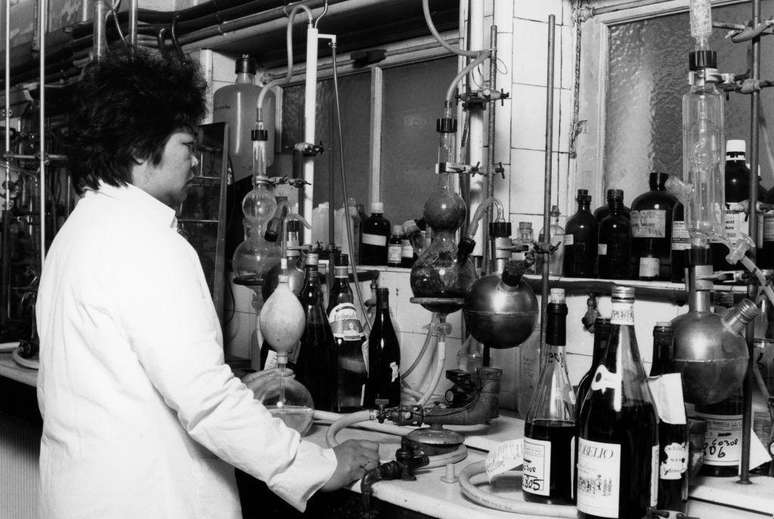Understand the differences between toxic and exhausting relationships, discover behaviors in a partner that could harm you, and consult expert advice
Have you ever heard a song where the composer says he got out of a bad relationship and, first, his friends and family warned him about it? This is because when we are in love we rarely see the negative sides of the relationship. And if you have even the slightest doubt about whether you are dating someone considered toxic, ask a psychologist Marcos Lacerda clarify some doubts.
What are the signs of a toxic relationship?
Expert says there are some common signs of a toxic relationship. “These generally include controlling behaviors, where one partner tries to monitor or limit the other’s actions. We also see a lot of disrespectful communication, with constant insults, criticism, or belittling. Another sign is emotional manipulation, such as blaming the partner for everything or trying to do the same. another is to doubt one’s sanity. Isolation is another point, when one of the partners distances himself from friends and family. And, of course, excessive jealousy and possessiveness, which generates continuous distrust.explains.
Additionally, an unbalanced power dynamic also raises red flags. “One partner has more control or influence over the decisions and feelings of the other. These signals can profoundly affect the emotional and mental health of the people involved. Therefore, it is crucial to identify and seek help when we notice these behaviors”indicate.
Subtle layers
Toxicity can also be present in a more subtle way and go unnoticed. “There are toxic relationships due to fusion, which look perfect. The partners are always together, share everything and show off their life as a couple on social media. It seems like a healthy relationship, but in reality they reject everything that comes from the outside. They don’t have many friends and avoid arguments, preferring to always agree. Any attempt at individualization is seen as a rejection, which generates jealousy and a false sense of abandonment. This impedes autonomy and deprives each person of their individuality. Fusion creates an iron ball that stifles personal growth. A healthy relationship must have complicity, but without canceling everyone’s individuality”alert.
The second type, in turn, is the opposite. “TO every man for himself relationship, the partners live together, but are distant and the bond is almost non-existent. They may have many friends outside of the relationship, but within the home there is minimal communication. They spend more time on the screens of their devices than interacting with each other. This leads to a constant disconnection, where everyone lives in their own world, even if they are physically close. These subtle signals can mask the true nature of the relationship, which must be resilient, allowing each person to grow individually while maintaining a healthy connection.”complete.
Exhausting relationship
While not all stressful relationships are toxic, the opposite ends up being true. “In the case of exhausting relationships, it is possible to go through phases of discouragement and boredom, as well as face occasional conflicts, which end up being resolved with dialogue and respect. In a toxic relationship, there is a constant pattern of disrespect, manipulation and control. Phases of discouragement and boredom are marked by feelings of emotional suffering and low self-esteem. There is no room for personal development. Conflicts are frequent, intense and partners are unable to reach constructive solutions to overcome the stress. generate an environment of fear, insecurity and emotional dependence”he concludes.
Source: Terra
Ben Stock is a lifestyle journalist and author at Gossipify. He writes about topics such as health, wellness, travel, food and home decor. He provides practical advice and inspiration to improve well-being, keeps readers up to date with latest lifestyle news and trends, known for his engaging writing style, in-depth analysis and unique perspectives.








